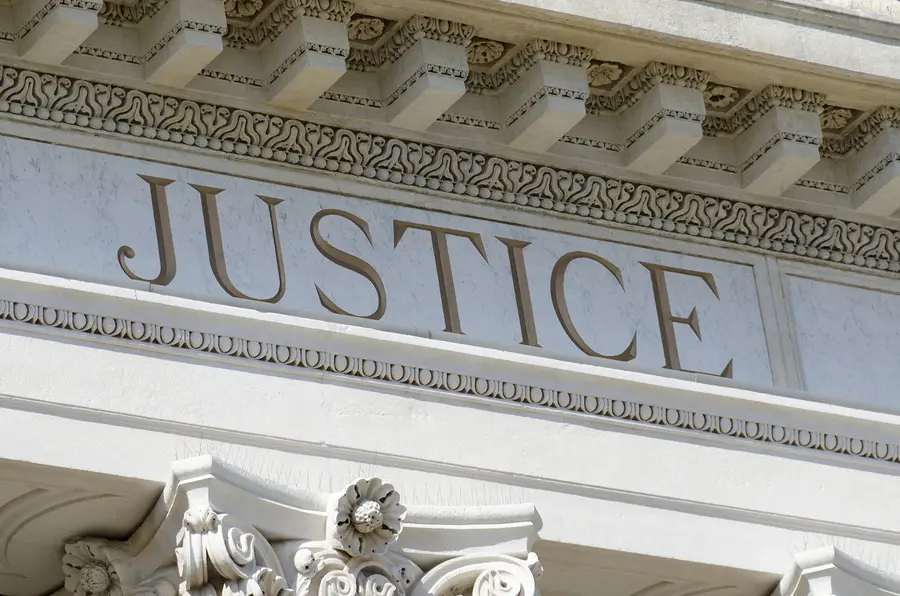In the U.S., we have state courts to decide issues of state law, and federal courts to decide issues of federal law. This system made sense to our founding fathers and still seems to make sense today; however, the distinction between the two courts, while clear in theory, has become increasingly blurred.
Throughout the late twentieth century and into the twenty-first, the U.S. government expanded the breadth of the federal criminal code, leading to many areas of overlap in the criminal justice systems. As a result, there are various crimes that can be charged in state court, in federal court, or in both. It is also not uncommon for a case to start in state court but end up in federal court.
This overlap in laws and jurisdiction is a very serious issue for defendants, since the difference in sentencing between state and federal courts is significant. Typically, federal sentences are much tougher than state sentences for the same crime. If you have been charged with a serious offense, such as drug trafficking, it is then crucial to have a defense attorney who can represent you not only in state court but also in federal court.
How Do Cases End Up in Federal Court?
Most criminal cases are heard in the state court system. However, drug, fraud, conspiracy, and racketeering cases are often heard in federal court. Significantly, since drug-related crimes are both state and federal crimes, just about anyone arrested on a drug charge can end up in the federal system.
One sure way people end up in the federal system is getting arrested by a federal officer. This could happen for many reasons, including the DEA being involved, federal officers working with local officers, or someone facing a federal drug charge identifying you as being involved in trafficking.
In other cases, the way a case gets assigned to the federal system is not so clear-cut. Frequently, investigating officers choose to take cases to the U.S. Attorney rather than a State Attorney because of the incredibly harsh federal sentencing system and other advantages built into the federal system for prosecutors and law enforcement agents. In some districts, law enforcement officers decide during a regularly scheduled meeting, but in other cases, state and federal prosecutors meet privately and agree to send a specific case to federal court.
When You Need a Federal Defense Attorney
The way in which a case ends up in the federal system is often not obvious to defense attorneys and their clients, and the assignment to the federal system cannot be appealed. However, an experienced federal defense attorney, who is aware of how such arrangements generally occur in a specific district and familiar with the key players in the process, can try to influence the outcome before it is too late.
Moreover, if your case does end up in the federal system, an experienced federal defense attorney can continue building your defense and working to protect your rights. In contrast, a defense attorney with only state level experience will not be able to continue defending you. Unfortunately, when you most need a sustained, aggressive defense, you will have to find a new attorney.
If you’ve been charged with a state offense but there’s even the slightest chance your case could end up in the federal system, it’s very important to have a federal criminal defense attorney experienced at handling cases in both the state and federal systems representing you. The federal court system is infamous for severe sentences with very few opportunities for parole, even for possessing small amounts of drugs. Mandatory minimum sentences have resulted in sentences of between 20 years to life for thousands and thousands of Americans, mostly for being in possession of a controlled substance.
Get help now from a skilled, experienced federal defense attorney. Call 407-894-4555 or submit our online form today.
Administrative Office of the U.S. Courts. (2018). Comparing federal and state courts. http://www.uscourts.gov/about-federal-courts/court-role-and-structure/comparing-federal-state-courts
U.S. Department of Justice. (2018, Sept.). Crime in the United States 2017 – Arrests, FBI Uniform Crime Report. Washington, DC. https://ucr.fbi.gov/crime-in-the-u.s/2017/
U.S. Department of Justice. Drug Enforcement Administration. (2017). Drugs of abuse: A DEA resource guide. https://www.dea.gov/sites/default/files/drug_of_abuse.pdf
Wright, R.F. (2006, Summer). Federal or state? Sorting as a sentencing choice. Criminal Justice. https://www.americanbar.org/content/dam/aba/publishing/criminal_justice_section_newsletter/crimjust_cjmag_21_2_federalorstate.authcheckdam.pdf

